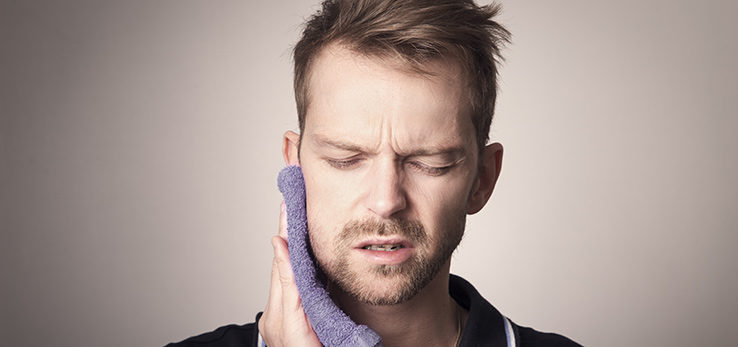The “eights”, or wisdom teeth.
Wisdom teeth (eights) develop as third molars usually between the age of 17 and 25, while in some people it may take up to the age of 40 or they may not appear at all. Wisdom teeth cause a lot of pain when they start to grow and may also cause malocclusion. For these and many other reasons many people have wisdom teeth removed.
Should wisdom teeth be removed, and if so, when?
The decision to remove wisdom teeth depends on whether they are causing problems and the age of the patient.
In cases where the wisdom tooth is damaged by cavities and requires root canal treatment (endodontics), removing such a tooth should be considered.
Removing wisdom teeth is also recommended when there are orthodontic problems (such as teeth crowding, or when teeth grow crooked or sideways, cutting into the cheek).
Another indication to remove wisdom teeth is frequent inflammation of the gums that can occur in the case of partially developed teeth, sometimes spreading the inflammation to the rest of the body. When it comes to undeveloped wisdom teeth, much depends on their placement. If the crown of the wisdom tooth faces the seventh tooth, or presses on its root, it can not only push on the remaining teeth, but can also cause complications in the seventh tooth. Other symptoms associated with such cases are migraine headaches, joint problems or tooth inflammation. In this case, the dentist may decide to remove both teeth.
Instructions for after wisdom tooth removal
The wisdom tooth removal procedure is performed under local anaesthesia.
After the procedure, it is important to keep the extraction site clean.
Do not eat or drink for 2 hours after the procedure.
Do not brush your teeth for 12 hours after the procedure, and avoid touching the extraction site for the next few days. It is advisable to use a soft bristle brush recommended for post-surgery care.
For the first 24 hours after the procedure: do not consume hot beverages or hard foods; do not drink alcohol or caffeinated beverages; limit exercise; do not touch the extraction site.
Swelling may occur after wisdom tooth removal. To minimise it and reduce pain, it is recommended to use a cold pack or a gel pack.
If necessary, you can take an over-the-counter pain reliever.
